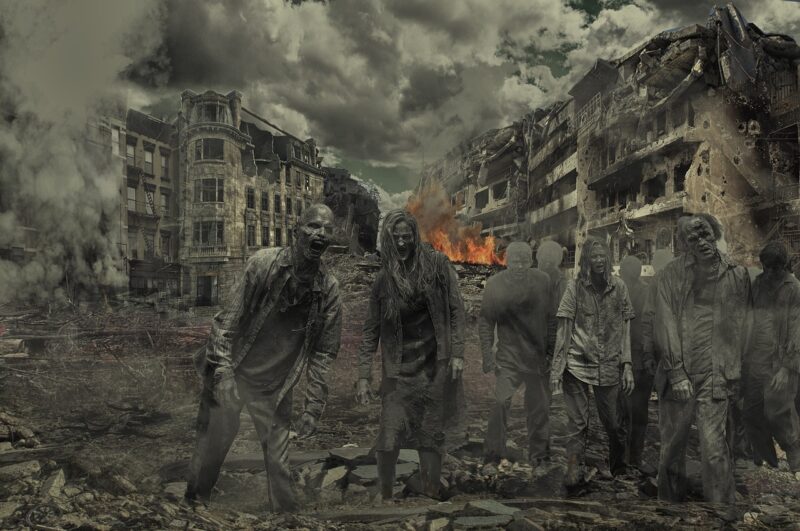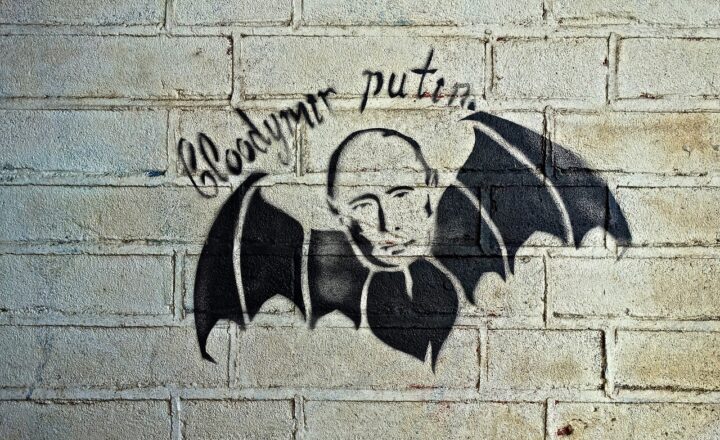
Zombies have emerged as a dominant force in modern entertainment, captivating audiences with their gruesome allure and captivating narratives. From film classics like “Night of the Living Dead” to acclaimed TV series such as “The Walking Dead,” the undead have made it to the forefront of popular culture. But what is behind this fascination with zombies that shows no sign of fading? In this article, we will explore the reasons why zombies are more popular than ever in movies and TV shows.
1. The Evolution of Zombie Portrayals
Traditionally, zombies were perceived as mindless, shambling figures driven by the desire to consume human flesh. They symbolized pestilence and doom and often served as metaphors for societal collapse. However, contemporary portrayals have evolved significantly.
Today’s film and television representations present zombies with varied dimensions. For instance, movies like “28 Days Later” depict not just slow-moving corpses but fast, horrifying creatures, catering to a new generation of viewers craving tension and excitement. Moreover, well-crafted narratives surrounding character development, moral dilemmas, and human resilience have diversified the zombie genre. As a result, audiences remain engaged not just by the fear of the undead, but by the exploration of human psychology when faced with such existential threats.
2. Reflecting Modern Society’s Fears
Zombies are widely recognized as allegories for real-world anxieties, addressing issues such as pandemic fears, societal breakdown, and the loss of individuality. The experiences of isolation, survival, and desperation depicted in zombie narratives resonate especially in today’s world, where people grapple with uncertainties such as climate change, technological advancements, and political strife.
Zombies articulate a societal fear of contagion—whether it’s a virus, an ideology, or capitalism threatening to overtake moral values. The chaos caused by a zombie apocalypse reflects our concern about losing control over our lives and societies, echoing as an ever-relevant commentary on our realities.
3. Community and Belonging in a Post-Apocalyptic World
In the midst of horror and carnage, zombie narratives often highlight themes of community-building and the human spirit’s endurance. TV shows like “The Walking Dead” focus on survivors banding together, illustrating not just the fight against the undead but also the resilience and essential nature of human connection.
This exploration encourages viewers to consider deeper themes about their current lives: What would happen to community bonds in crisis? How would morality shift? This emotional depth allows audiences to invest in characters and their growth, ultimately fostering a sense of belonging which can be cathartic for viewers.
4. The Allure of Survival Instincts
Zombies evoke a primeval sense of fear and survival, tapping into our instinct to protect ourselves against threats. The suspense and adrenaline associated with zombie scenarios trigger a primal thrill, engaging viewers in a visceral experience.
Shows and films often explore the psychological traumas and moral choices individuals face while under the duress of a zombie apocalypse. The concept of survival becomes pivotal, posing questions about human nature when stripped of societal norms. This raw intensity translates into compelling storytelling, pushing the boundaries of horror and drama.
5. Technological Advances in Filmmaking
Modern technology has revolutionized filmmaking, enabling creators to conjure striking visual effects, dynamic storytelling, and immersive experiences. High-definition graphics and advancements in special effects have transformed the way zombies appear on screen, providing horrifyingly compelling visuals that were not possible in earlier decades.
This technical prowess allows filmmakers to depict not just gory scenes but also intricate character-driven stories that resonate emotionally. Enhanced CGI, practical effects, and innovative cinematography strategies draw viewers deeper into the zombie experience, making it more engaging than ever.
6. The Rise of Zombie Comedy and Parody
An unconventional but fascinating trend has emerged within the zombie genre—comedy. Films like “Shaun of the Dead” and series like “iZombie” effectively blend horror and humor, demonstrating that zombies can exist beyond the realm of terror.
This crossover into comedic narratives broadens the appeal of zombies, allowing audiences to explore the genre without the constant intensity of horror. This duality invites viewers to find humor in absurdity, broadening the scope of zombie-related media and inviting diverse audiences.
7. The Impact of Streaming Services
The advent of streaming services has also fueled the revival of zombie-themed content. Platforms like Netflix, Hulu, and Amazon Prime provide convenient access to a wide range of zombie films and television shows. This accessibility promotes the genre, allowing fans to binge-watch iconic shows and discover hidden gems from the past.
With the ability to create original content primarily targeted to niche audiences, streaming services have inspired a new wave of creators willing to experiment with zombie narratives, further diversifying the genre and keeping it fresh and exciting for viewers.
Conclusion
The rise of zombies in movies and TV shows reveals an evolving cultural landscape where audiences are willing to engage with themes of fear, survival, and dark humor. As the zombie genre continues to transform, it mirrors our collective anxieties and offers an exceptional lens through which we can reflect upon ourselves and our society.
It is no surprise that zombies are more popular than ever, as they encapsulate not just entertainment but provide a means of contemplating deeper social issues. Whether through horror or humor, the undead will likely continue haunting our screens for years to come.






